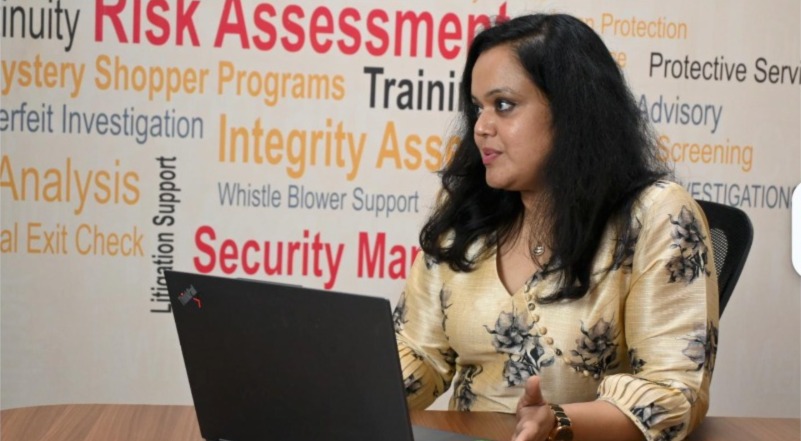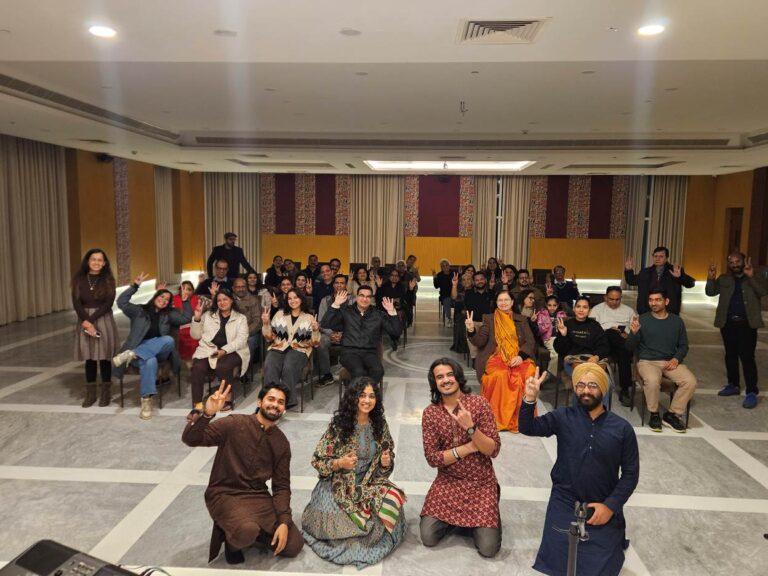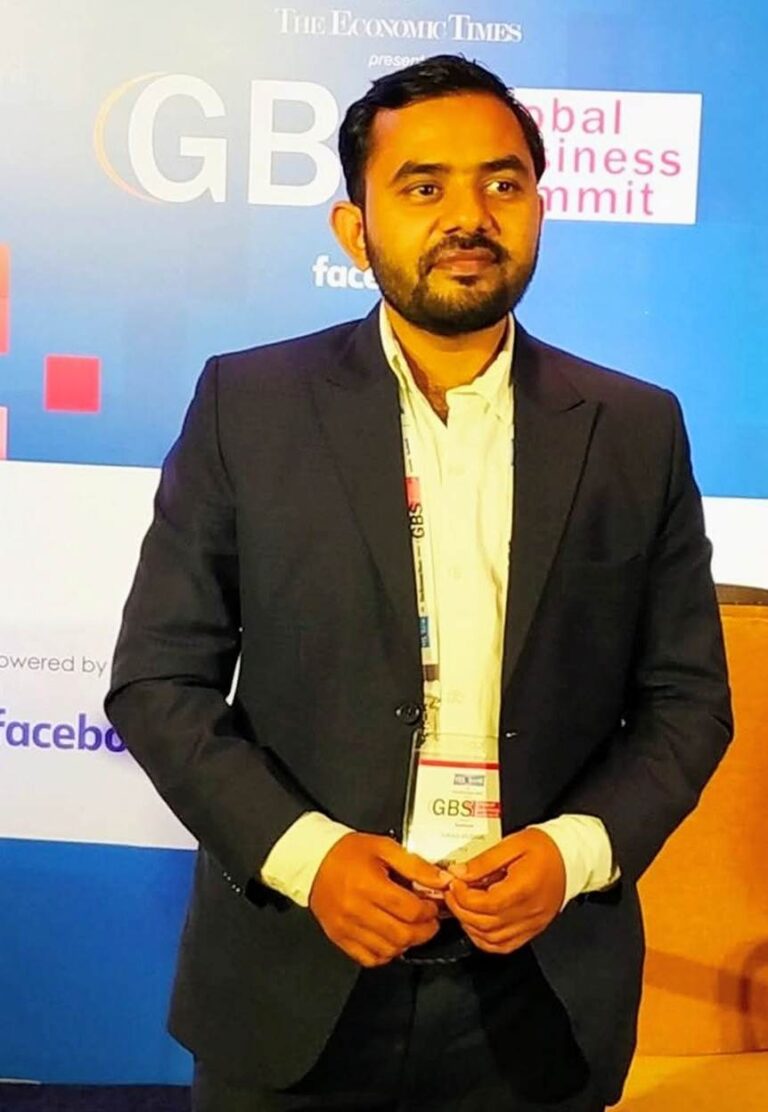
Sagarika Chakraborty
“Companies are doubling their risk budgets but still are being left behind,” wrote Sagarika Chakraborty, CEO of IIRIS Consulting Pvt. Ltd., in a recent LinkedIn post that has since sparked serious conversation across boardrooms and C-suites.
The insightful post captures a growing concern among executives: even as organisations invest heavily in risk management, they are often unable to keep pace with the complexity and interconnectedness of today’s business threats.
“It wasn’t an exaggeration,” Chakraborty continued, recalling a conversation with a senior executive. “It was a reflection of what many leaders are feeling.”
According to Chakraborty, the nature of risk has fundamentally changed. No longer confined to discrete events like cyber breaches or regulatory penalties, risk today is a systemic force—shaped by geopolitics, regulatory shifts, supply chain fragilities, and talent gaps. One disruption anywhere in the system can reverberate throughout the enterprise.
This is why traditional approaches to risk—checklists, audits, and static dashboards—are no longer sufficient. And it’s precisely why IIRIS Consulting is calling for a deeper mindset shift.
“At IIRIS, we’ve always looked at risk differently,” Chakraborty wrote. “For us, risk isn’t a side function—it’s a mirror to the business itself.”
In her post, she argues that the strongest companies are not those that avoid risk, but those that can read it in real-time, respond with agility, and evolve with intent. “What businesses need now isn’t just a risk-mitigation plan,” she added. “They need a risk mindset—one that permeates strategy, culture, and governance.”
A Strategic Lever, Not Just a Safety Net
Sagarika Chakraborty also challenged the industry’s tendency to reduce risk to numbers—insurance premiums, audit scores, compliance reports. The true value of risk management, she asserts, lies in what it prevents: reputational damage, operational breakdowns, lost market opportunities.
But beyond prevention, there’s also potential. With the right frameworks, companies can use risk intelligence to move faster, act more decisively, and innovate with confidence. “The real impact of risk,” she wrote, “lies in how confidently a company can enter a new market, partner with a new vendor, or launch an innovation—because the risk posture is strong.”
From Mitigation to Mindset
This thinking forms the foundation of IIRIS Consulting’s advisory model, which focuses on building intelligence-led, data-backed risk frameworks. “We don’t just help clients mitigate risk,” Chakraborty explained. “We help them reimagine it as a strategic enabler.”
In today’s volatile landscape, that’s not a luxury—it’s a necessity. As Chakraborty pointedly concluded: “Risk doesn’t wait. And neither should our response to it.”
With organisations facing increasing uncertainty—from geopolitical unrest to rapid digital disruption—the conversation around risk is no longer just the domain of compliance teams. It’s a leadership imperative. And thanks to voices like Sagarika Chakraborty’s, that message is finally being heard.





